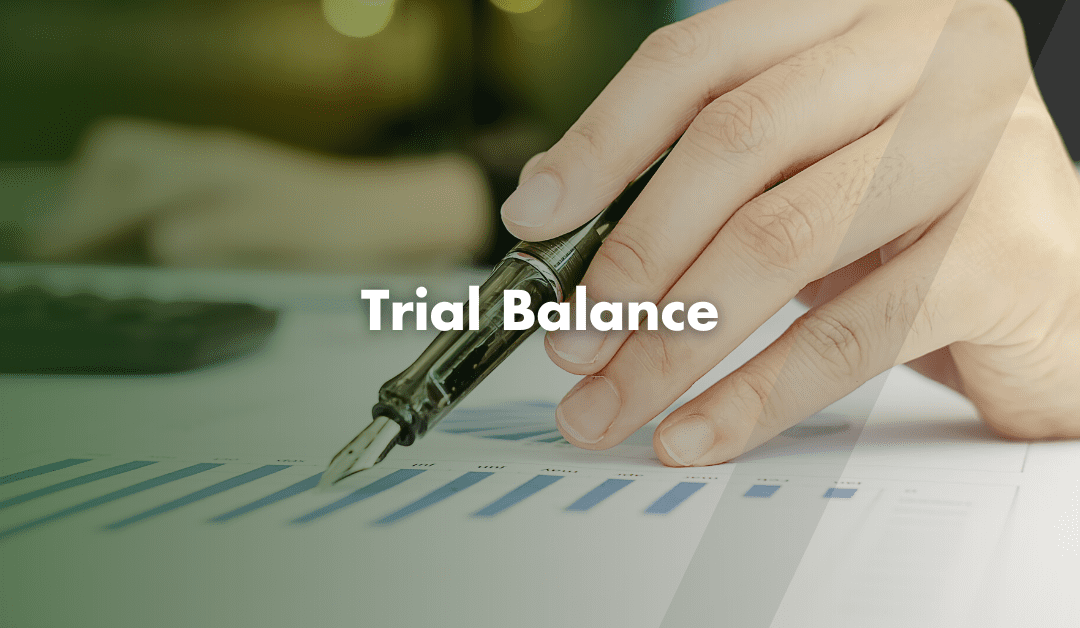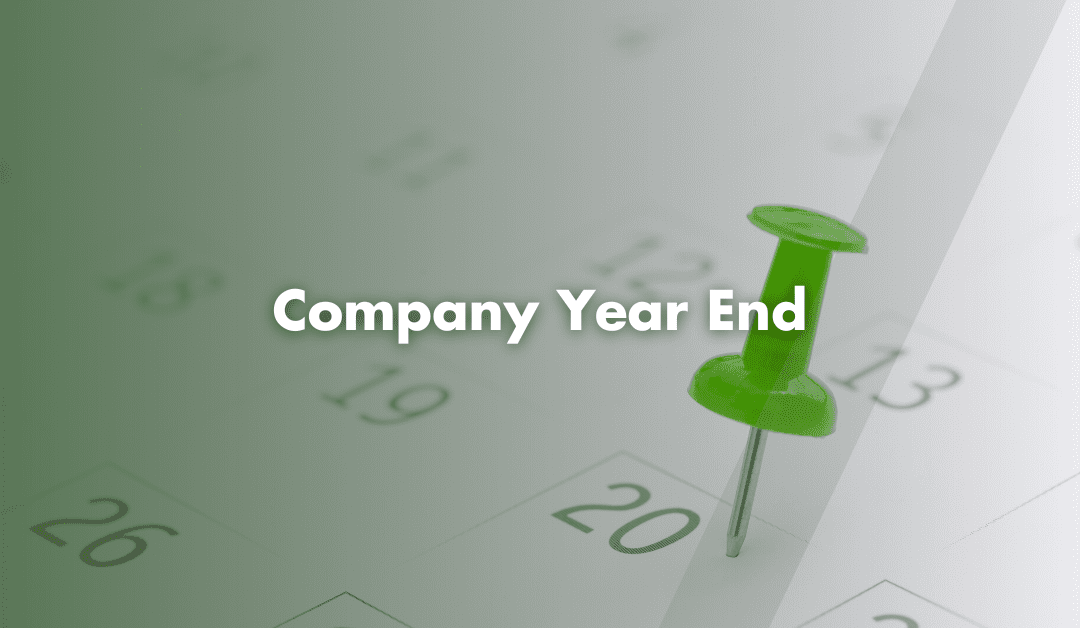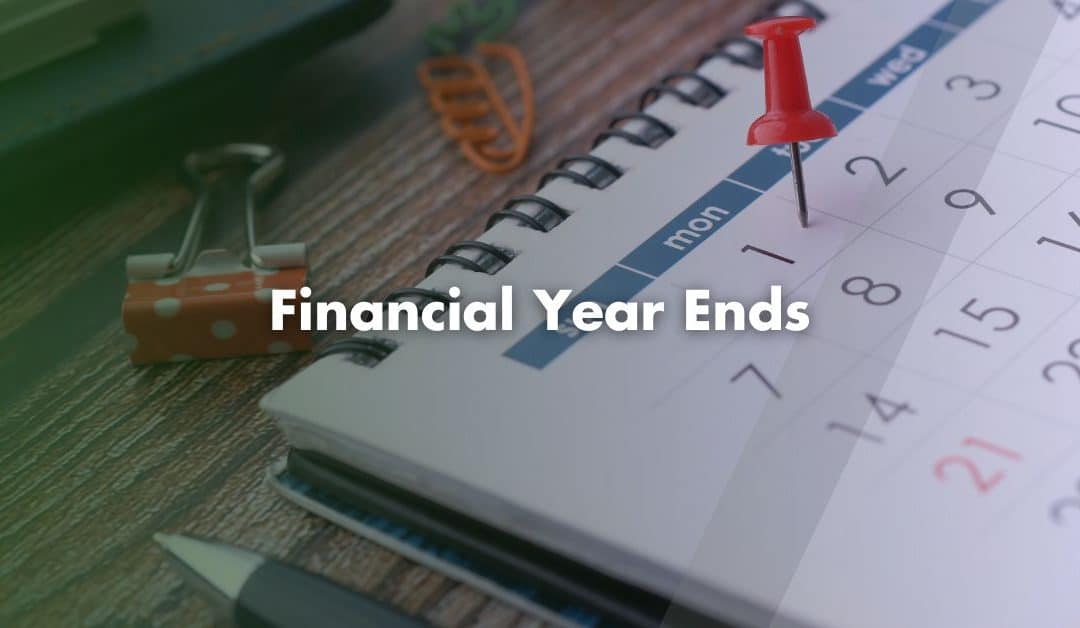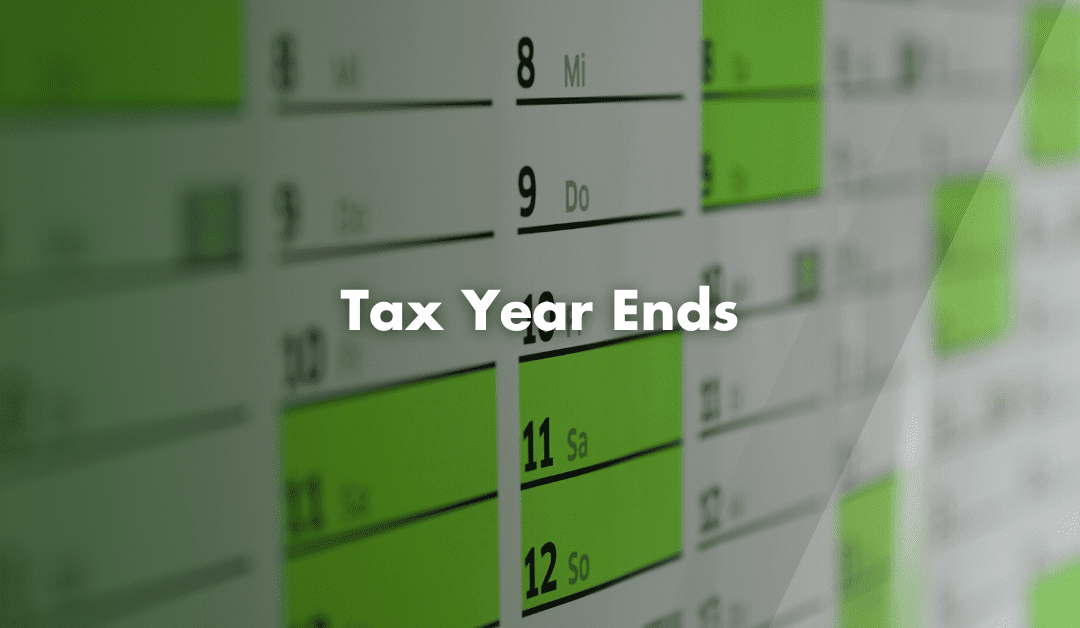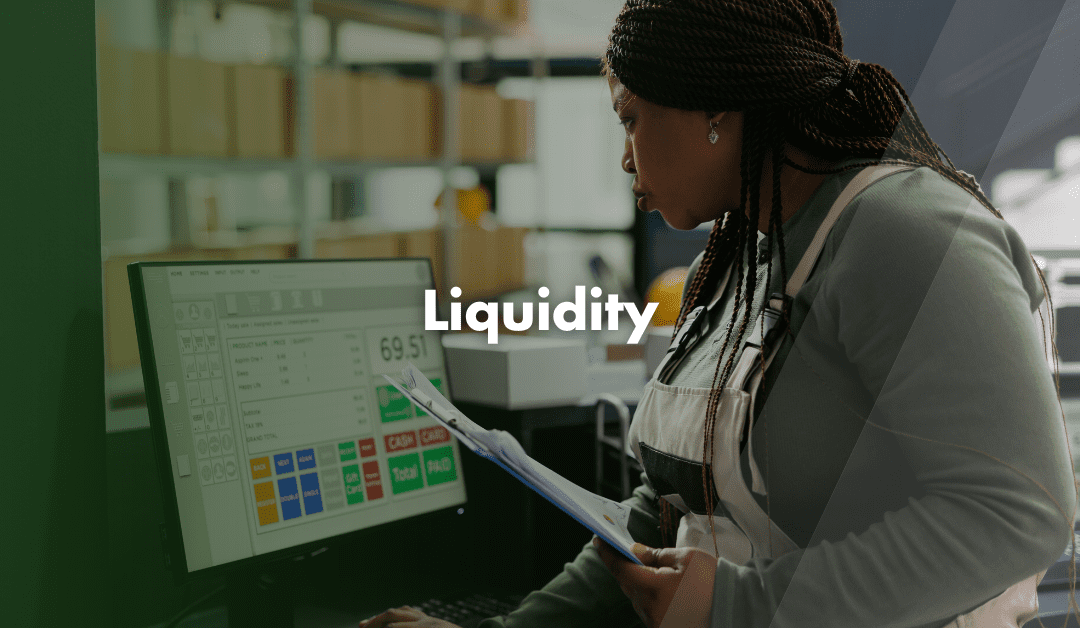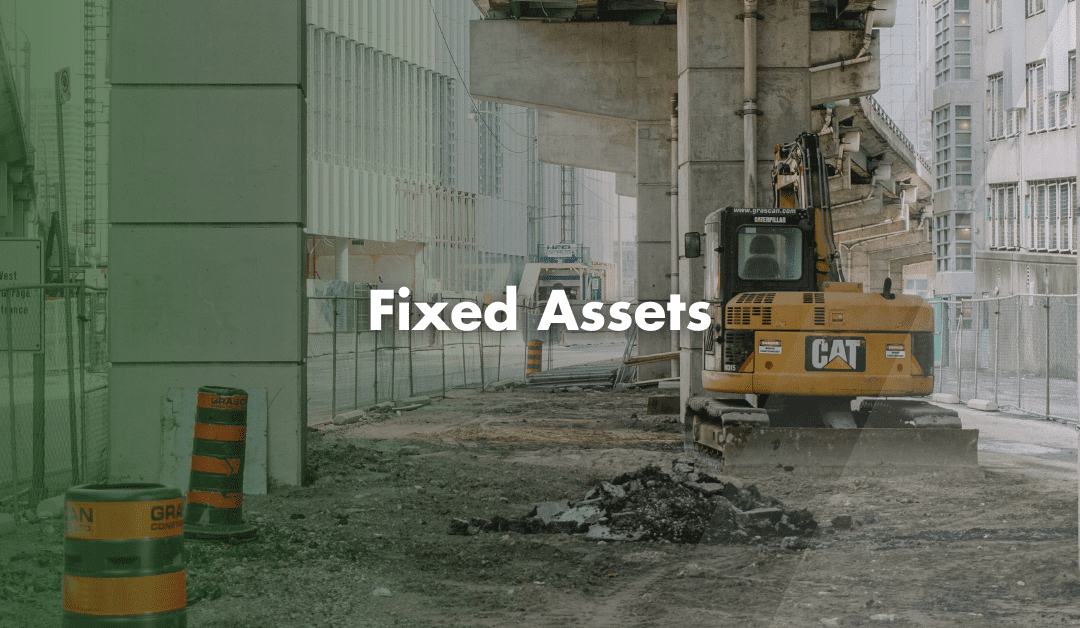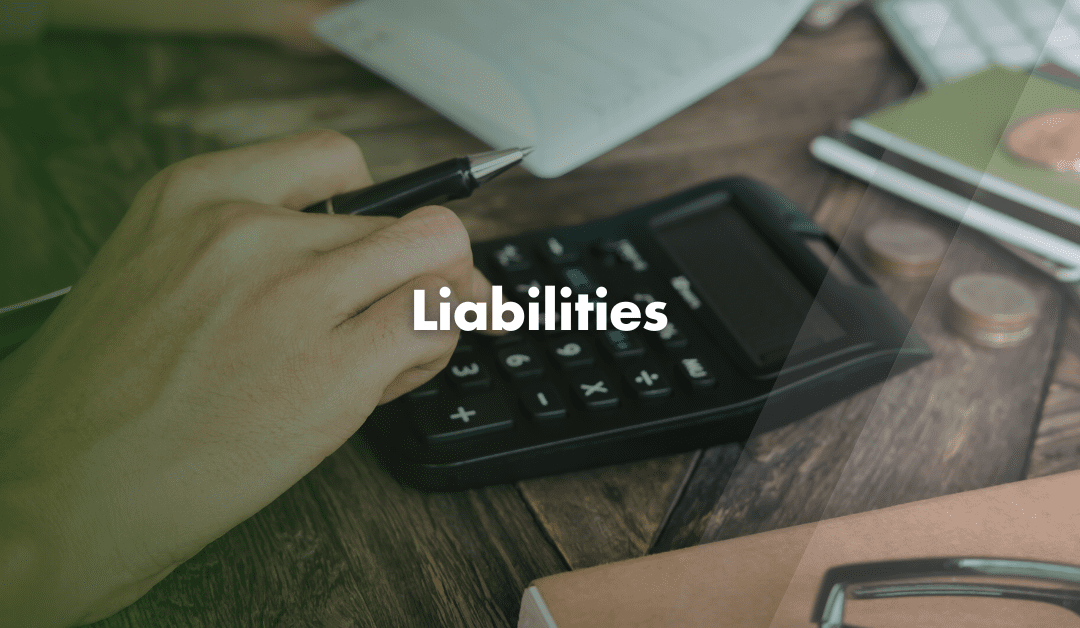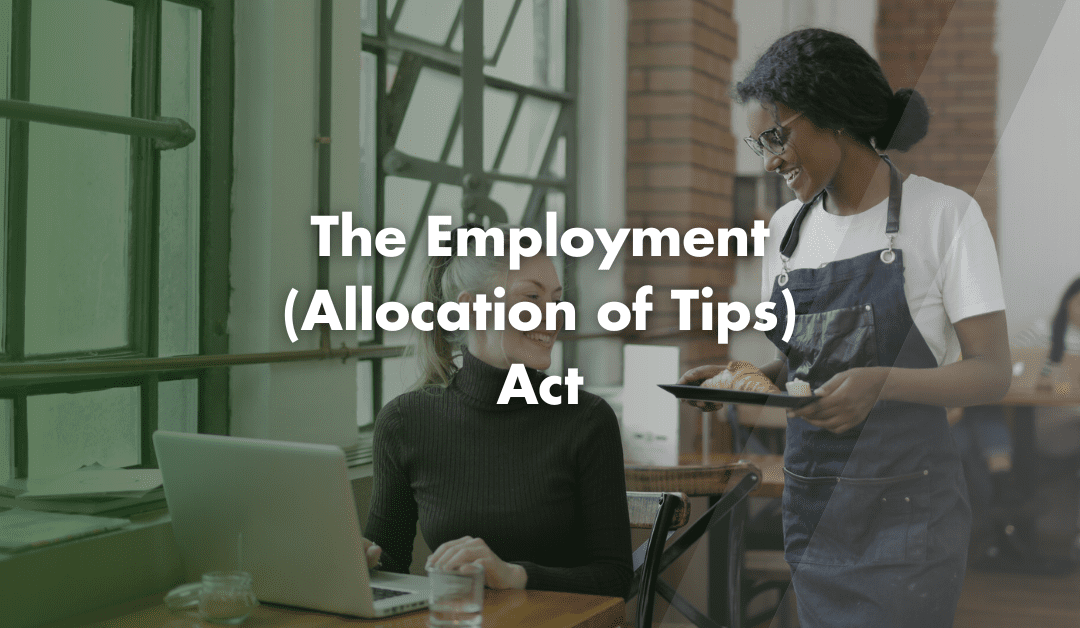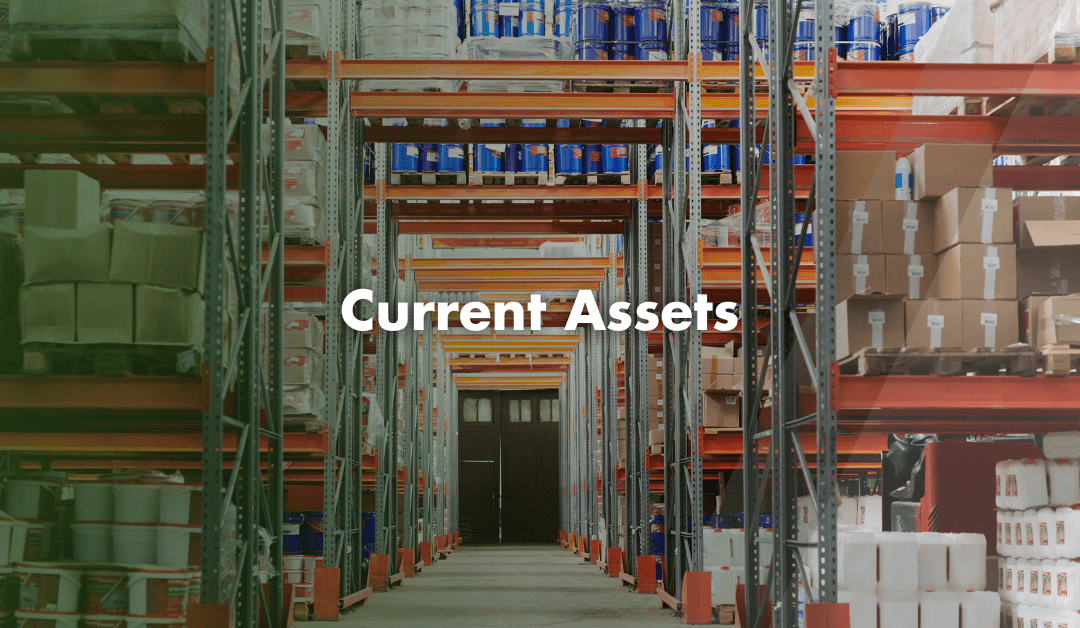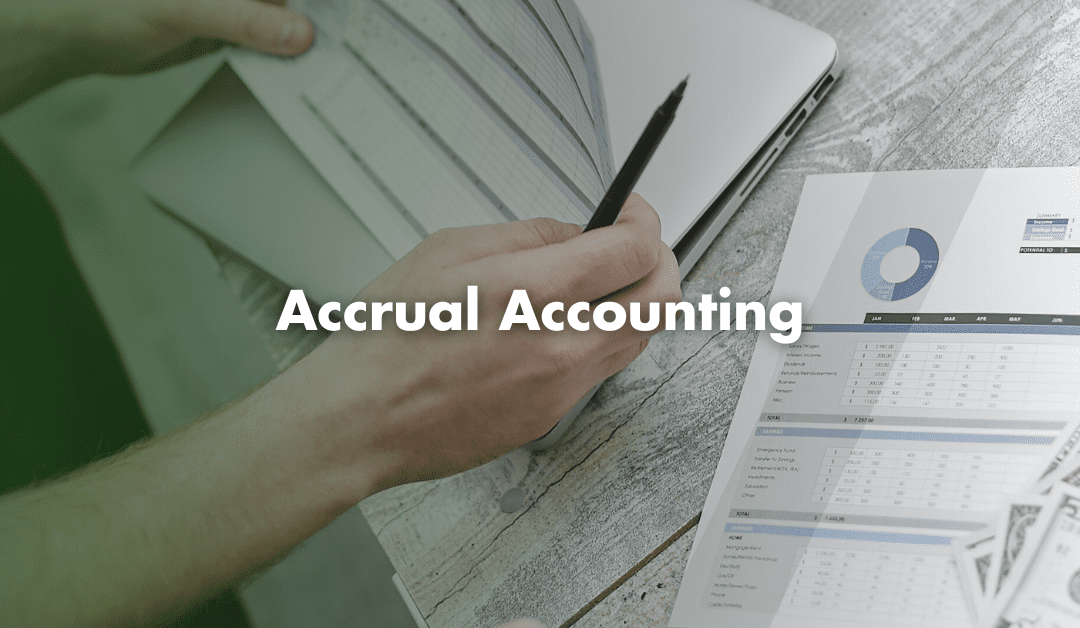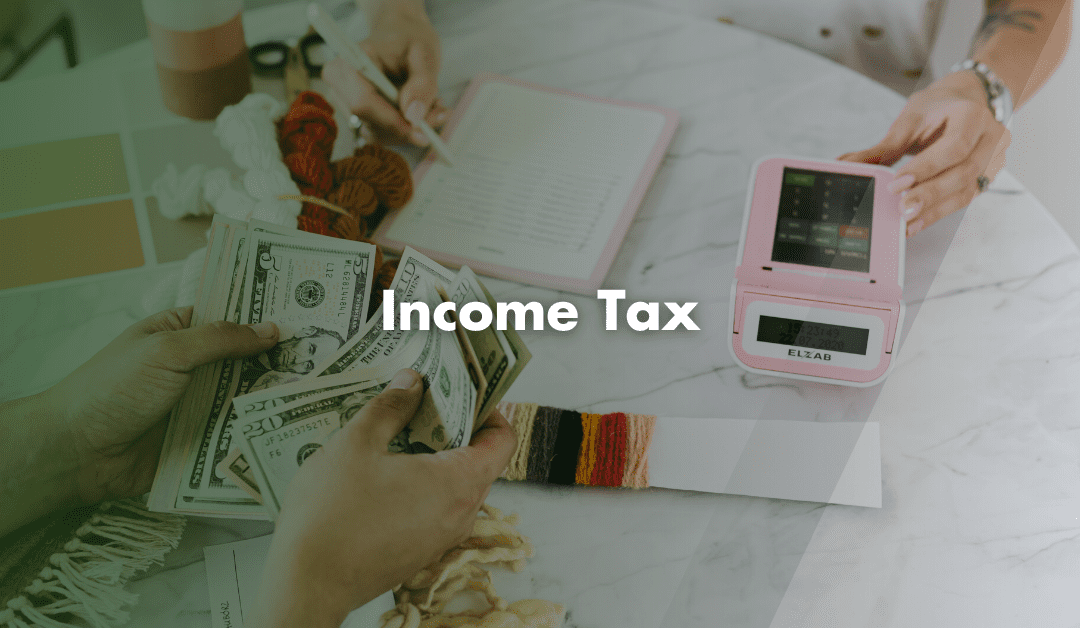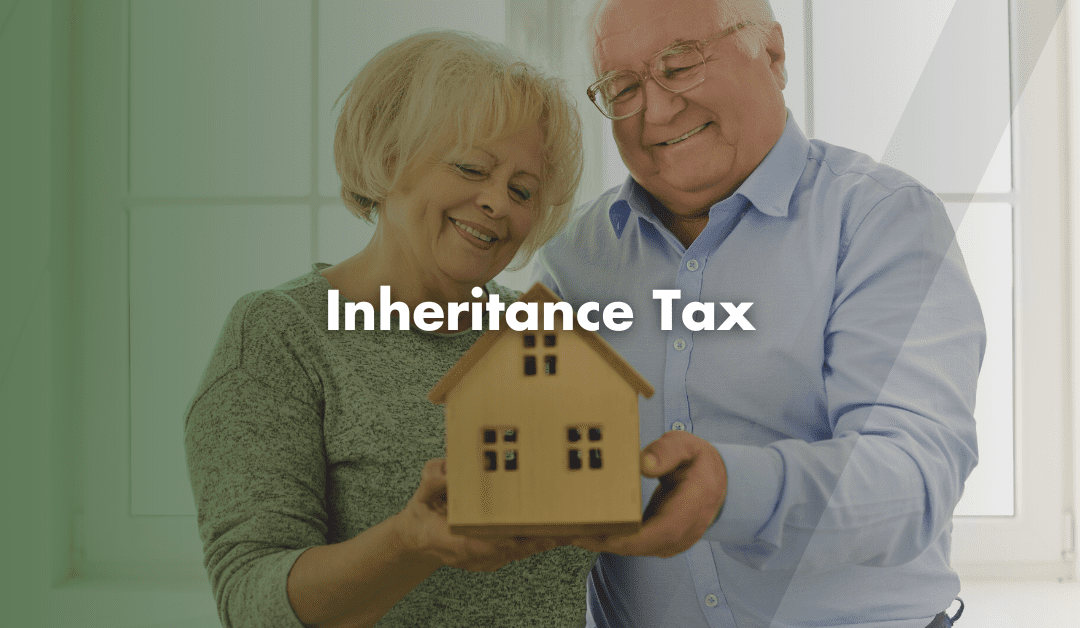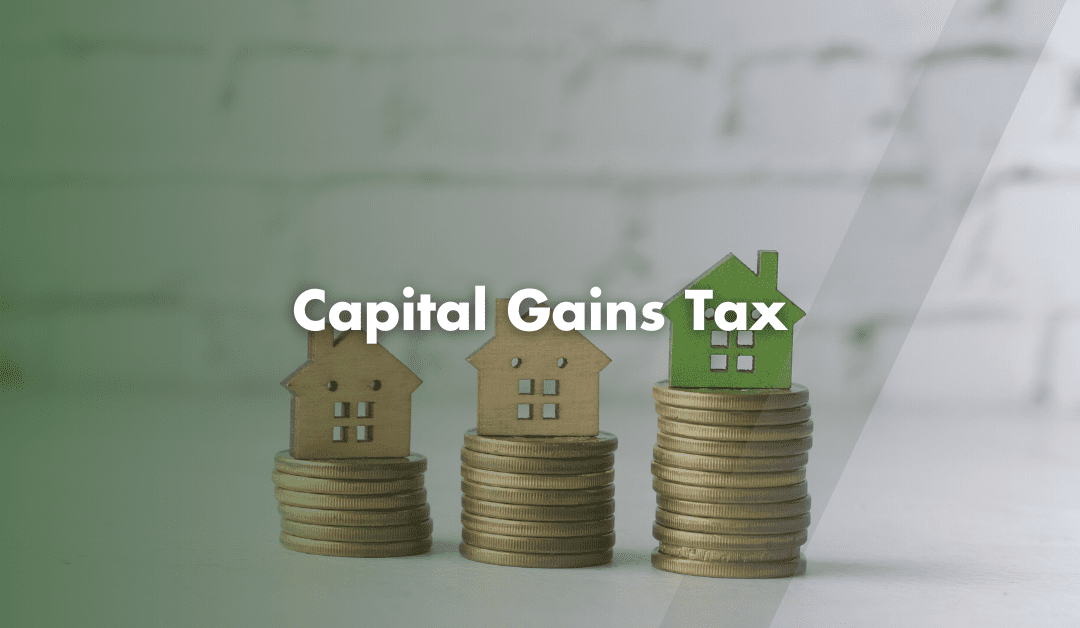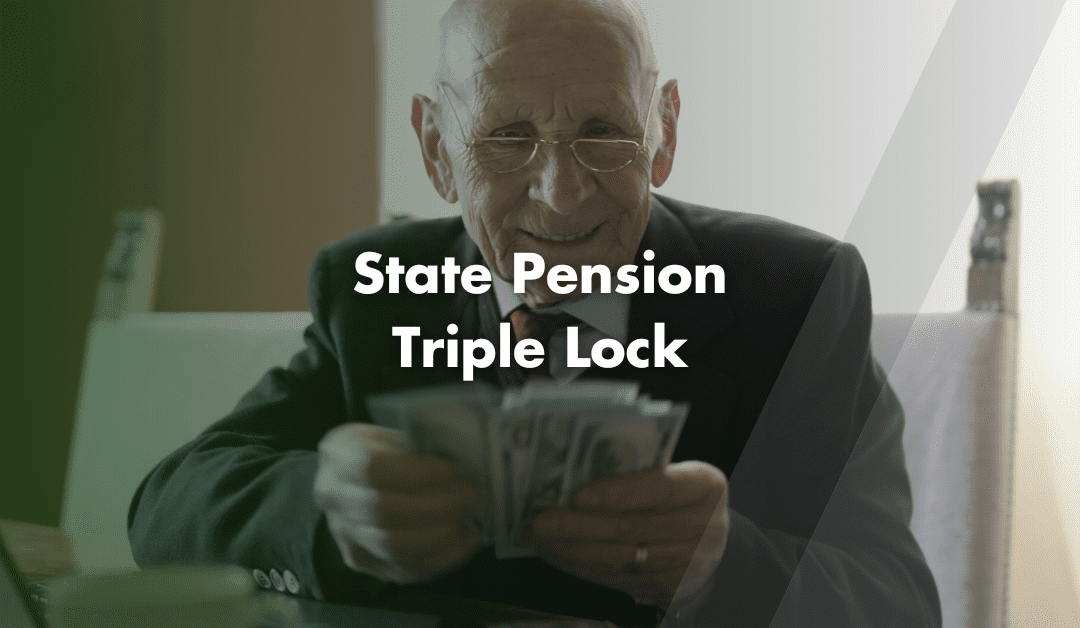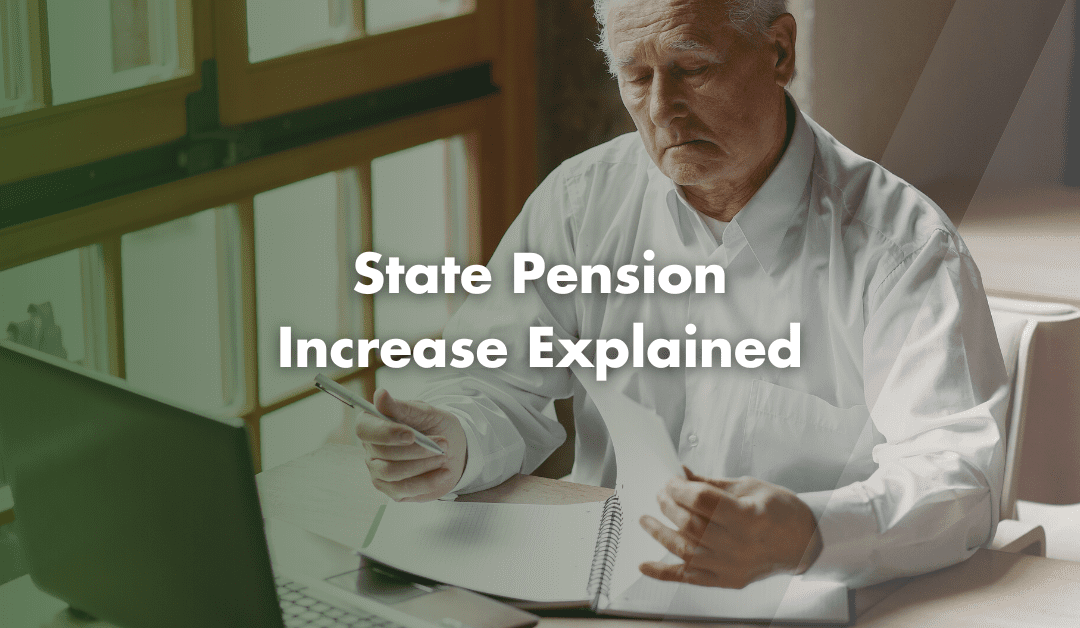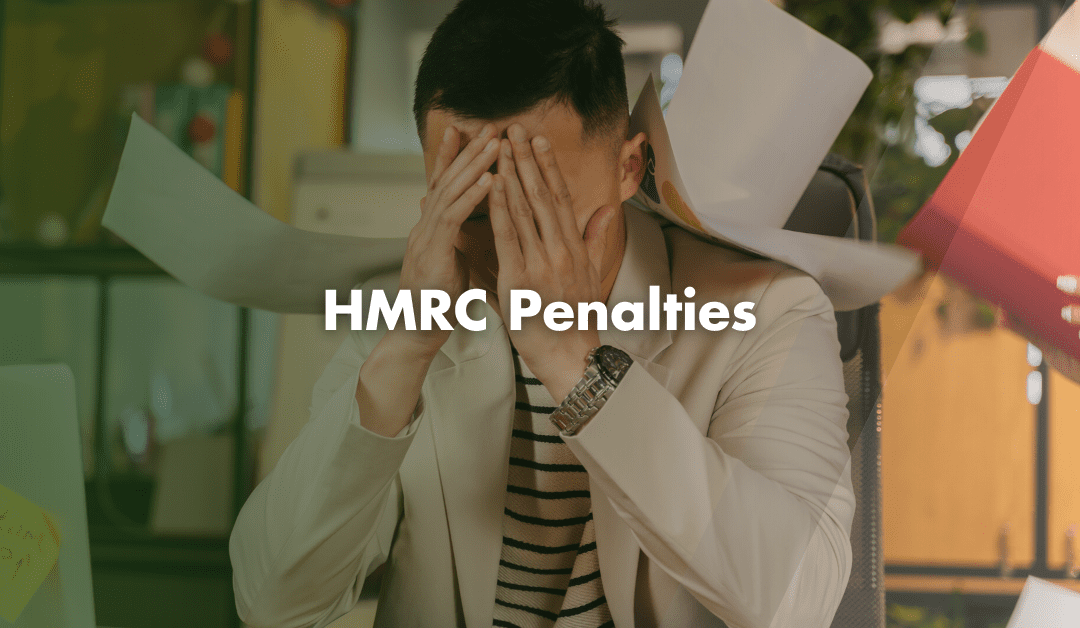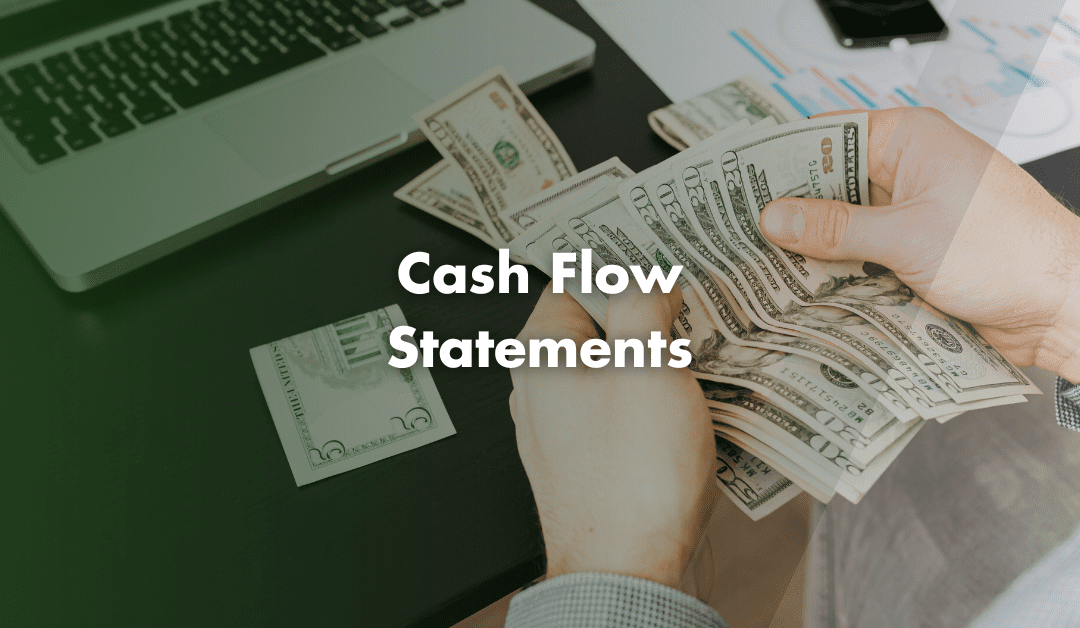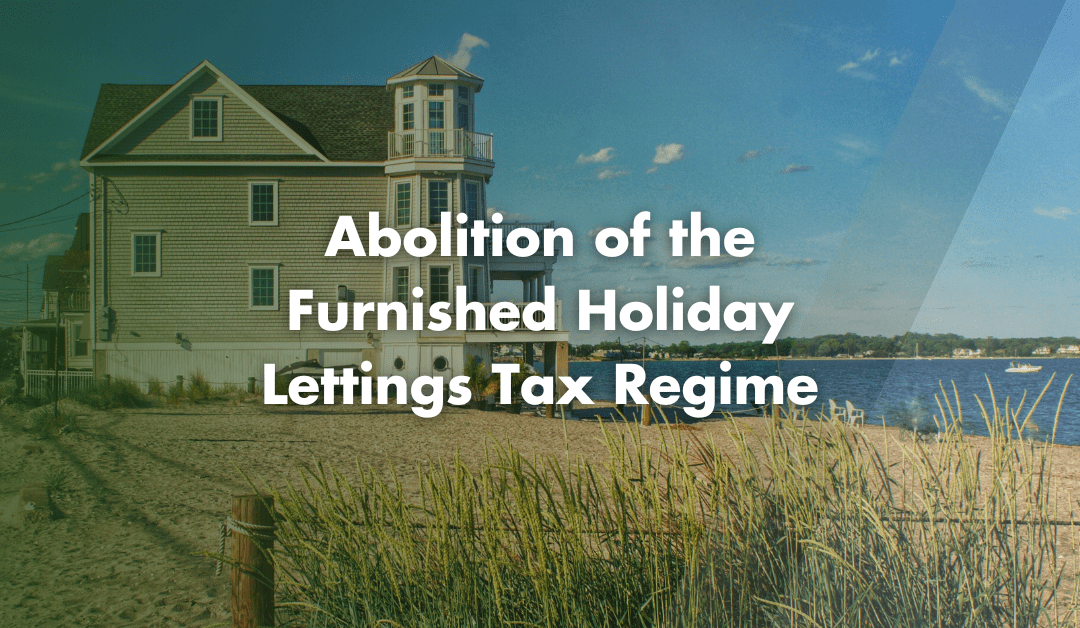
by Pi Accountancy | Oct 24, 2024 | The Budget
Back in the Spring Budget 2024, the government announced the abolition of the Furnished Holiday Let (FHL) Tax Regime. Now, as of April 2025, the abolition has fully come into effect. From this date, HMRC will treat all income from these types of properties under the...

by Pi Accountancy | Oct 23, 2024 | Frequently Asked Questions
What is a Trial Balance? A Trial Balance summarises all the debit and credit balances in a company’s accounting system. Typically prepared at the end of an accounting period, such as a month or a year, it is a key step in the accounting cycle. This process helps to...

by Pi Accountancy | Oct 22, 2024 | Frequently Asked Questions
What is Bank Reconciliation? Bank Reconciliation is the process of comparing the transactions recorded in your business’ financial records with the transactions listed on your bank statement. The aim is to ensure that the balances match, and if they don’t,...

by Pi Accountancy | Oct 17, 2024 | Frequently Asked Questions
What is a Company Year End? Your Company Year End depends on your business and typically aligns with the date you registered your company with Companies House. It’s different from the tax year, which runs from 6th April to 5th April. Your Company Year End typically...

by Pi Accountancy | Oct 16, 2024 | Advisory and Resources, Frequently Asked Questions, Taxes
A financial year end marks the conclusion of a 12-month period used by businesses to track, report and assess their financial activity. It is the point at which businesses stop recording income and expenses for the year and begin preparing their financial statements....

by Pi Accountancy | Oct 15, 2024 | Frequently Asked Questions
What is a Tax Year End? The UK Tax Year runs from 6th April until the 5th April of the following year. HMRC uses this timeframe to calculate your liabilities for the year, whether it’s Income Tax, Corporation Tax or Capital Gains Tax. For example: The tax year...

by Pi Accountancy | Oct 10, 2024 | Frequently Asked Questions
What is Solvency? Solvency refers to a business’ ability to meet its long-term financial obligations. Simply, it measures whether a business has enough assets to cover its debts. A solvent business is one that can pay off its liabilities over the long term,...

by Pi Accountancy | Oct 9, 2024 | Frequently Asked Questions
What is Liquidity? Liquidity measures how easily an asset converts into cash without losing value. Consider cash the most liquid asset because you can use it immediately for purchases or paying bills. On the other hand, assets like property or collectibles may take...

by Pi Accountancy | Oct 8, 2024 | Frequently Asked Questions
What are Fixed Assets? Businesses purchase fixed assets as long-term assets for continuous use. Businesses do not intend to resell or convert them into cash quickly. Instead, they support the business over several years. Examples of fixed assets include: Buildings:...

by Pi Accountancy | Oct 3, 2024 | Frequently Asked Questions
What is a Liability? A liability is a debt or obligation a company must settle. This can be in the form of money, goods, or services. You should record liabilities on the right side of the balance sheet; which includes loans, accounts payable, mortgages, deferred...

by Pi Accountancy | Oct 1, 2024 | HMRC
The Employment (Allocation of Tips) Act From 1st October 2024, millions of workers across the UK will see a boost to their earnings, thanks to the Employment (Allocation of Tips) Act. This new law has been put in place to allow workers to keep 100% of their tips,...

by Pi Accountancy | Oct 1, 2024 | Frequently Asked Questions
What are Current Assets? Current Assets (CA) are short-term resources that a business owns and expects to convert to cash or use up within one year. Current assets appear first on a company’s balance sheet under the Assets section and support the daily...

by Pi Accountancy | Sep 26, 2024 | Frequently Asked Questions
What is Cash Accounting? Cash accounting, also called cash-basis, is a method of recording income and expenses based on when money actually enters or leaves your business account. This means you record a payment only when you receive it, and an expense only when you...

by Pi Accountancy | Sep 25, 2024 | Frequently Asked Questions
What is Accrual Accounting? Accrual accounting is a method of recording financial transactions when they happen, rather than when money changes hands. This approach helps businesses gain a more accurate picture of their financial health by tracking income and expenses...

by Pi Accountancy | Sep 19, 2024 | Frequently Asked Questions
Income Tax is a tax you pay on the money you earn. The government collects it through HMRC. However, not all income is taxable and the amount you pay depends on how much you earn. What Counts as Taxable Income? HMRC taxes various types of income, including: Employment...

by Pi Accountancy | Sep 18, 2024 | Frequently Asked Questions
Inheritance Tax is a tax on the estate of someone who has passed away. An estate includes property, money and possessions. The tax applies to the potion of an estate that exceeds the tax-free threshold, which currently stands at £325,000. If the total estate value is...

by Pi Accountancy | Sep 17, 2024 | Frequently Asked Questions
Capital Gains Tax (or CGT) is a tax on the profit you make when selling or disposing of an asset that has increased in value. This is different from Income Tax because it applies only when you sell an asset, rather than on regular earnings. The tax applies only to the...

by Pi Accountancy | Sep 13, 2024 | Pension
State Pension Triple Lock Introduced in 2010, the Triple Lock is a government guarantee to increase the State Pension every year by whichever of three measures is the highest: 2.5% Inflation (measured by the Consumer Prices Index in September of the previous year)...

by Pi Accountancy | Sep 12, 2024 | Pension
What is Pension Credit? Pension Credit is an income-related benefit that offers extra money to help with your living costs. It’s available to those over State Pension age and is especially beneficial if you’re on a low income. Importantly, you can receive Pension...

by Pi Accountancy | Sep 11, 2024 | Pension
State Pension Increase Explained Good news first – the government have proposed raising the State Pension in April 2026. For those who receive the New Full State Pension (introduced after April 2016), the payment will increase from £221.20 to £230.05 per week. This...

by Pi Accountancy | Sep 5, 2024 | Frequently Asked Questions
What are HMRC Penalties? HMRC imposes penalties on taxpayers who fail to comply with their tax obligations. Consequently, these penalties serve as a deterrent to non-compliance and encourage everyone to adhere to tax laws. If you don’t file your tax return on...

by Pi Accountancy | Sep 4, 2024 | Frequently Asked Questions, HMRC, Taxes
Tax Investigation Insurance is a specific type of cover that protects you from the professional fees you will incur if HMRC investigates your tax affairs. These tax investigations can come from irregularities in your tax returns or entirely at random. The insurance...

by Pi Accountancy | Sep 3, 2024 | Frequently Asked Questions, HMRC, Taxes
An HMRC Tax Investigation, also known as a compliance check, is an official review of an individual’s or business’s tax records. HMRC wants to confirm that they are calculating and paying their taxes correctly. These investigations therefore allow HMRC to...

by Pi Accountancy | Aug 28, 2024 | Frequently Asked Questions
What is a Cash Flow Statement? A Cash Flow Statement outlines the inflows and outflows of cash and cash equivalents in your business. It provides insights into your company’s liquidity by covering debts and operating expenses without additional financing. Unlike...


